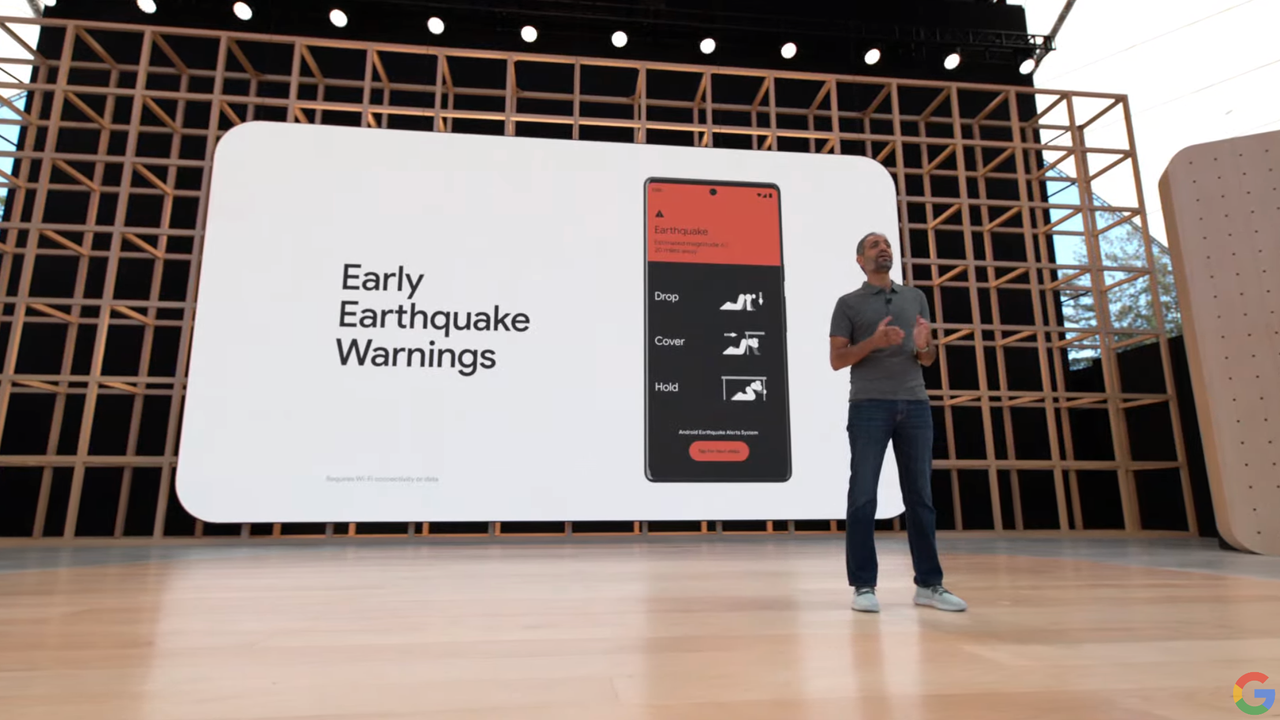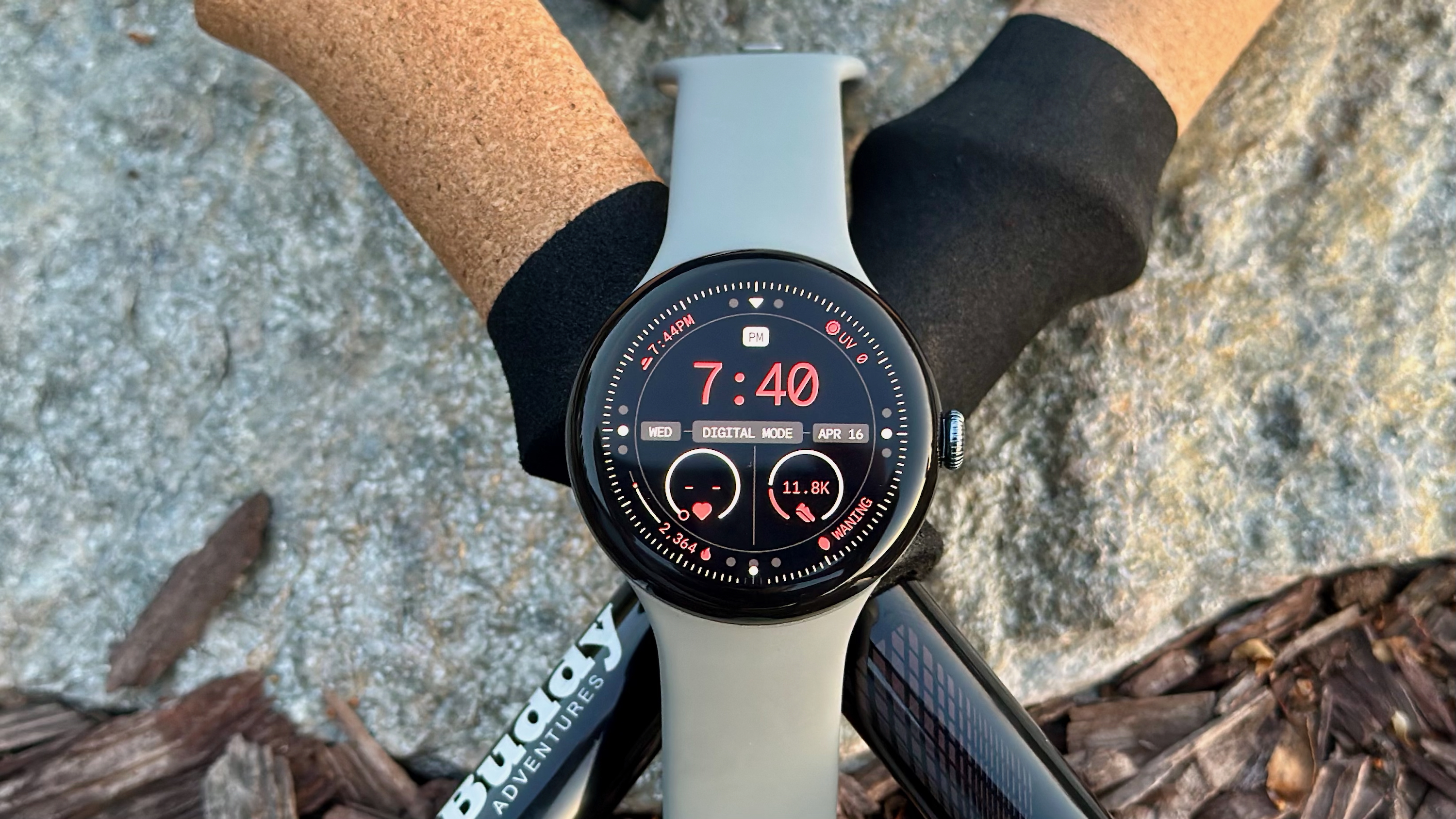
What you need to know
- Google admitted in a recent report that its earthquake alert system failed to warn 10 million people in Turkey during the 2023 earthquake.
- According to the report, only 469 high-level “Take Action” warnings were sent out before the first 7.8 magnitude quake.
- Google's system seemed to have miscalculated the magnitude of the earthquake, sending around 500,000 users a minor “Be Aware” notification.
- Google has since worked on making its alert system more accurate, closer to the actual magnitude of the earthquake.
In a recent BBC report, Google appears to have acknowledged that its earthquake alert system failed to warn users in Turkey about the February 2023 earthquake, which resulted in massive destruction and loss of life.
Ideally, around 10 million people using Android devices, within 98 miles from the epicentre, should've received Google's highest level of "Take Action" alert, meant for stronger magnitude earthquakes.
This alert will take over the phone's screen and play a loud, urgent sound, even bypassing "Do Not Disturb" settings — giving up to 35 seconds of warning to find safety. However, only 469 high-level “Take Action” warnings were sent out before the first 7.8 magnitude quake.
It appears that Google's system miscalculated the tremors and sent a lower-level warning to 500,000 people, which is designed for "light shaking" and does not alert users with the same urgency. Initially, Google told the BBC that, "We are confident that this system fired and sent alerts," without providing a clear estimate of how many people were warned before the first earthquake.

However, now the tech giant has made some clarifications and agreed to the fact that the alert system failed in 2023, and it needed to be fine-tuned to respond to such catastrophic events. Google stated that there were “limitations to the detection algorithms, and the company has since worked on its alert system.
In a recent report, they broke things down on how they've improved the earthquake magnitude detection — a factor crucial to sending alerts to users. Google stated that, "Over the last three years, we've continuously improved our magnitude estimation."
"The median absolute error of our first magnitude estimate has dropped from 0.50 to just 0.25." This means that the alert system's predictions are becoming more accurate and closer to the actual magnitude of the earthquake. Furthermore, when Turkey was hit with a magnitude 6.2 earthquake in April 2025, the first alert was issued 8.0 seconds after the earthquake began.
"People who experienced moderate to strong shaking had a warning time of a few to 20 seconds. In this event, over 11 million alerts were delivered."

Google first launched its Earthquake Alerts System back in 2020 and expanded its access to more countries in 2021. The system turns your phone into a portable seismometer using its accelerometer to detect changes in the planet. The information your phone detects is sent to Google's servers, which are then "crowdsourced" with other Android phones to see if a quake is truly happening.
More recently, Google also brought these alerts right to the wrist for people on the move to take cover wherever they might be. These earthquake alerts on Wear OS devices will display the quake's "magnitude" and "estimated distance to the epicenter."







